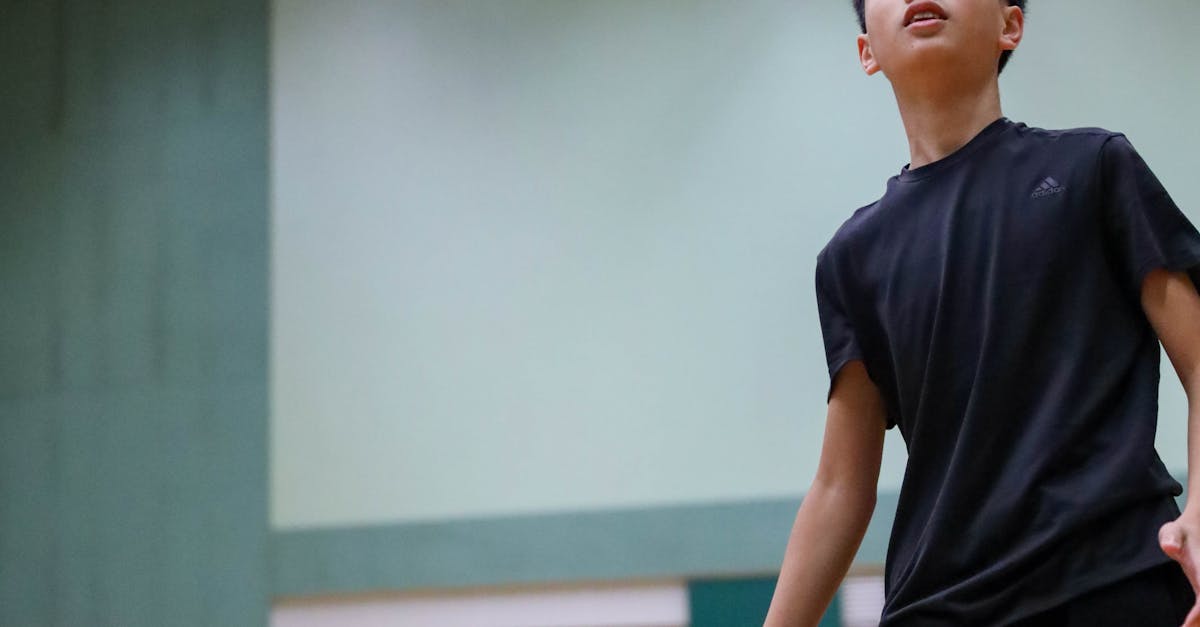
Building Resilience through Adaptive Skills Training
Table Of Contents
Practical Exercises for Skill Development
Engaging in practical exercises fosters the development of adaptive skills and enhances resilience. Activities such as role-playing scenarios can simulate unexpected challenges, allowing individuals to practise responding to stress in a controlled environment. Journaling also serves as a beneficial tool. Reflecting on daily experiences encourages self-awareness and promotes a better understanding of emotional responses, leading to improved coping strategies.
Another effective method involves mindfulness exercises, which cultivate present-moment awareness and emotional regulation. Techniques like deep breathing, body scans, or guided visualisations can help ground individuals during moments of anxiety. Additionally, working collaboratively with peers through group discussions allows the sharing of diverse perspectives and problem-solving approaches. This exchange nurtures flexibility and encourages the ability to adapt in various situations, reinforcing overall resilience.
enhancing adaptability. Techniques such as meditation and breath awareness help individuals centre themselves in the present moment. By reducing stress and increasing self-awareness, mindfulness equips participants with the mental clarity needed to handle unforeseen circumstances. Incorporating simple daily mindfulness exercises can cultivate resilience, enabling individuals to approach challenges with a calm and open mindset.
Measuring Resilience Progress
Tracking one's growth in resilience involves a variety of tools and assessments. These instruments can provide insights into how well individuals adapt to challenges. Self-reflection surveys can highlight personal strengths and weaknesses. Additionally, setting measurable goals allows individuals to gauge their progress over time. Regular evaluations can further motivate individuals to continue their development journey.Child Psychologist Northern Beaches
Using structured frameworks enhances the effectiveness of self-evaluation. Journals can serve as a reflective space where individuals document their experiences and responses to stressors. This technique not only fosters awareness but also helps identify patterns in emotional responses. Collecting feedback from peers or mentors can offer an external perspective on resilience growth. Integrating these practices into daily routines encourages an ongoing commitment to building resilience.
Tools and Assessments for SelfEvaluation
Self-evaluation plays a crucial role in understanding one’s resilience. Various tools can assist individuals in assessing their adaptive skills and overall emotional strength. Standardised questionnaires and surveys designed to measure resilience factors provide valuable insights. Often these assessments focus on aspects such as stress levels, coping mechanisms, and emotional regulation. Engaging with these tools allows individuals to identify existing strengths while also illuminating areas that may require growth.
In addition to questionnaires, reflective journaling serves as an effective self-assessment method. By documenting daily thoughts and experiences, individuals can analyse their responses to challenges over time. This practice promotes self-awareness and fosters an understanding of personal growth. Encouraging the use of feedback from trusted peers further enhances self-evaluation, providing a well-rounded perspective on resilience-building efforts.
The Influence of Environment on Resilience
The environment plays a crucial role in shaping an individual’s capacity to bounce back from adversity. Factors such as social support, physical surroundings, and cultural norms contribute significantly to resilience. A supportive network can foster a sense of belonging, encouraging individuals to seek help when faced with challenges. Conversely, a hostile or unsupportive environment can stifle personal growth and hinder the development of adaptive skills.
Creating spaces that promote growth is essential for nurturing resilience. Well-designed environments can enhance emotional well-being and provide comfort during difficult times. Whether through community initiatives, workspaces that encourage collaboration, or home environments that prioritise mental well-being, these settings can empower individuals. The presence of resources and supportive relationships fosters an atmosphere where resilience can flourish, ultimately allowing for more effective coping strategies in the face of life’s challenges.